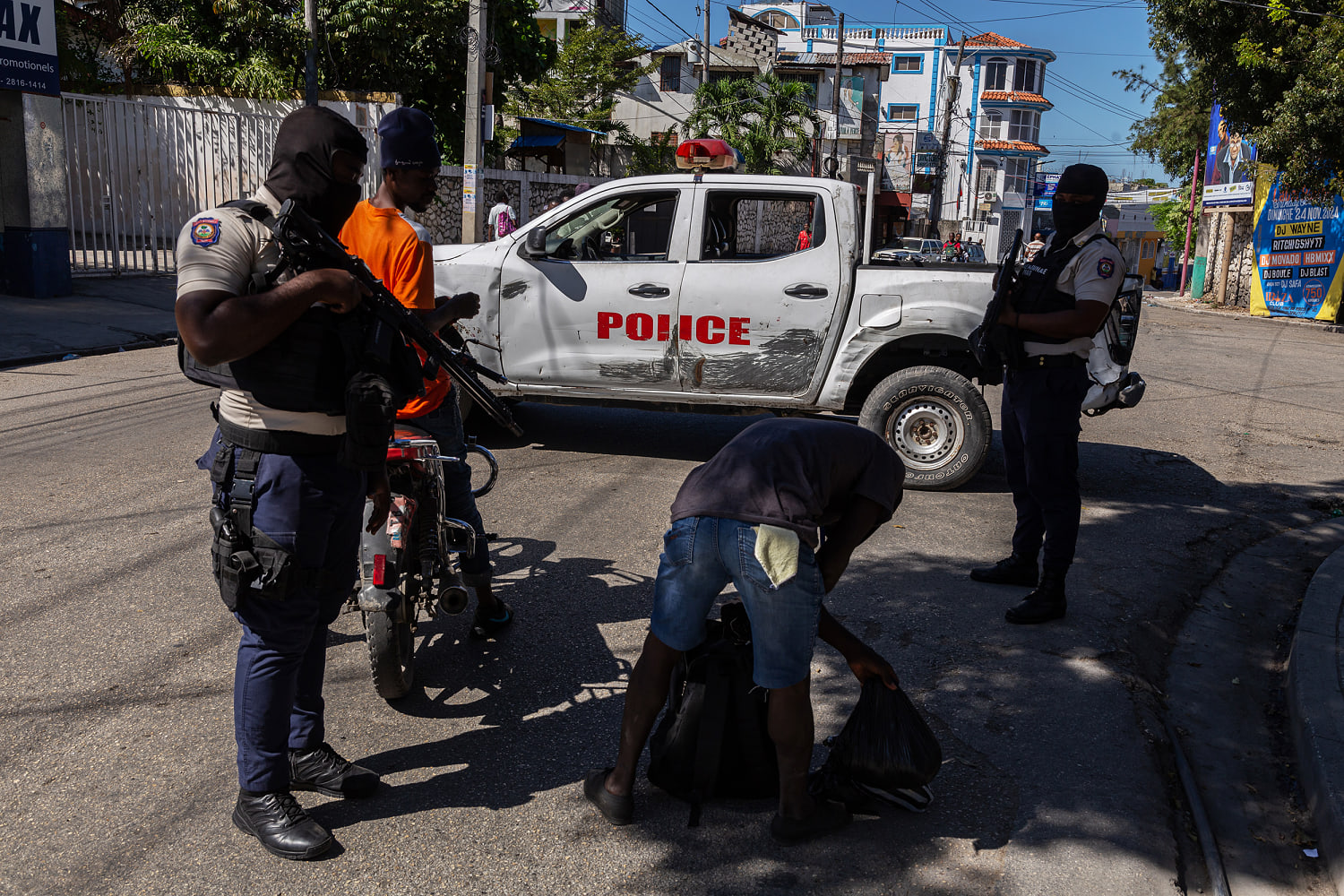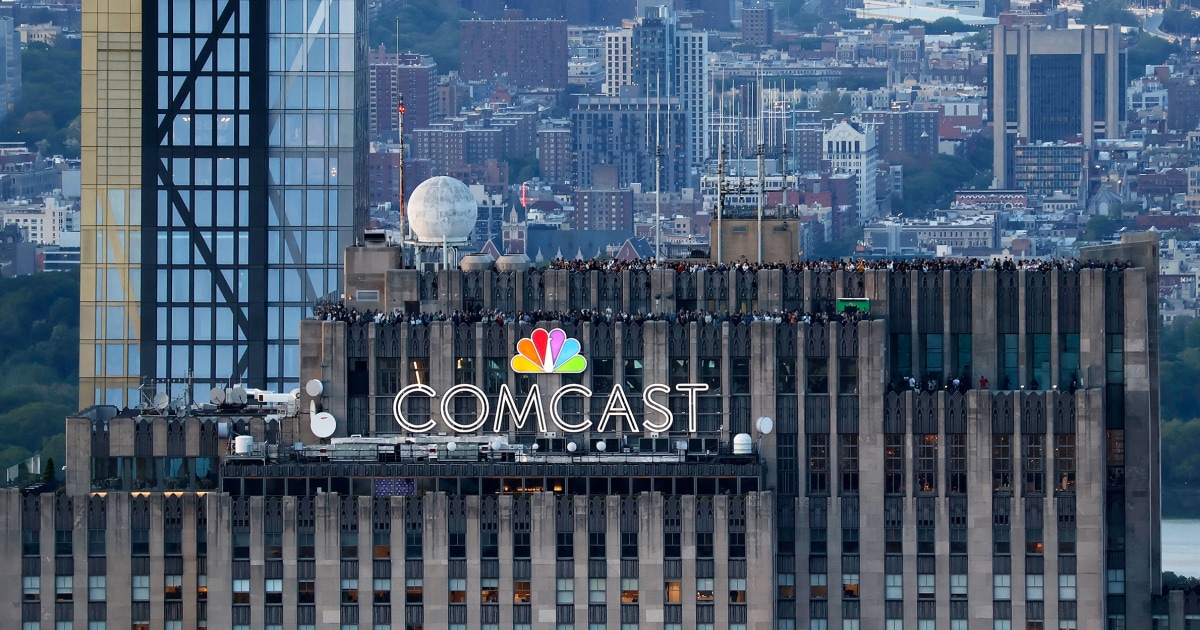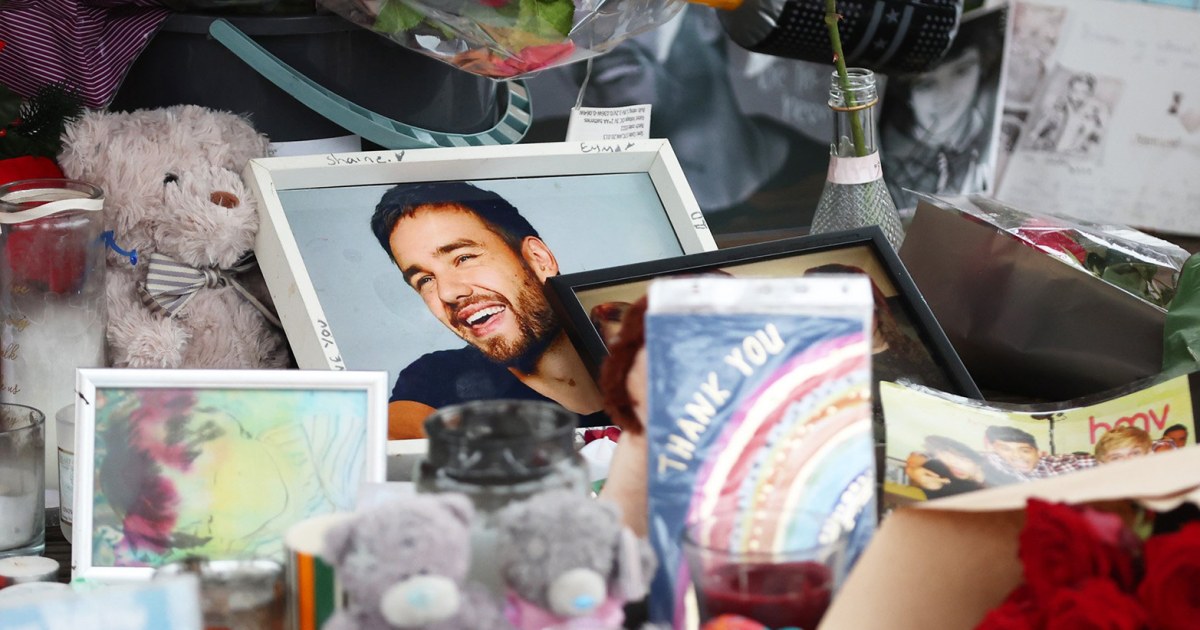
Doctors Without Borders (MSF) said on Tuesday that it is stopping operations across the Haitian capital Port-au-Prince and its wider metropolitan area due to an escalation in violence and threats to its staff from members of the Haitian police.
The suspension would last from Wednesday “until further notice,” said MSF.
MSF said in a statement that since a deadly attack on one of its ambulances last week, police had repeatedly stopped its vehicles and directly threatened their staff, some with death and rape threats.
“We are used to working in conditions of extreme insecurity in Haiti and elsewhere, but when even law enforcement becomes a direct threat, we have no choice but to suspend our projects,” MSF’s Haiti mission chief Christophe Garnier said.
A spokesperson for Haiti’s national police declined to comment.
MSF, whose presence grew in Haiti in the wake of the devastating 2010 earthquake, is one of the main providers of quality free healthcare in the Caribbean nation and operates key services such as a trauma center and a burn clinic.
The U.N. estimated last month that just 24% of the Port-au-Prince metropolitan area’s health facilities remain open, while those outside the capital face an influx of displaced people jeopardizing their ability to provide essential care.
MSF cited four separate incidents of police threats and aggressions, including from an armed plain clothed officer it said threatened to start executing and burning staff, patients and ambulances as of next week.
The medical aid group treats on average 1,100 outpatients, 54 children in emergency situations and more than 80 sexual and gender-based violence survivors each week, MSF said, as well as many burn victims.
Garnier added that while MSF remained committed to the population it could only resume services if it receives guarantees of security and respect by armed groups, members of self-defense groups and law enforcement.
Earlier on Tuesday, police reported that over two dozen suspected gang members were killed after residents joined police to fight off attempted overnight attacks in a resurgence of “bwa kale” — a civilian vigilante movement that seeks to fight off armed gangs that control most of the capital and are fueling a worsening humanitarian crisis.








